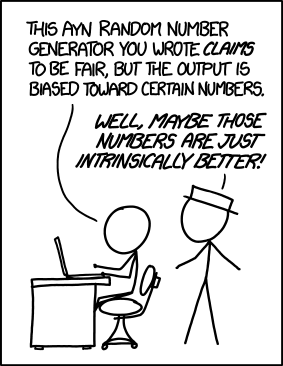
Double Sided Concave Hexagonal Ring Solid by Tomoko Fuse
The local origami club wanted to make something big for an activities fair, so we worked together to fold 360 pieces and assemble them together. You can see the result above (along with a few other models they had for display). Assembly was quite tricky, because at this size the weight of the model pulls itself apart.
I don’t think this polyhedron has a name. Let’s see, there are 20 hexagons, 12 pentagons, 90 squares, and 60 triangles. All in all, there are 182 faces, 360 edges, and 180 vertices.

